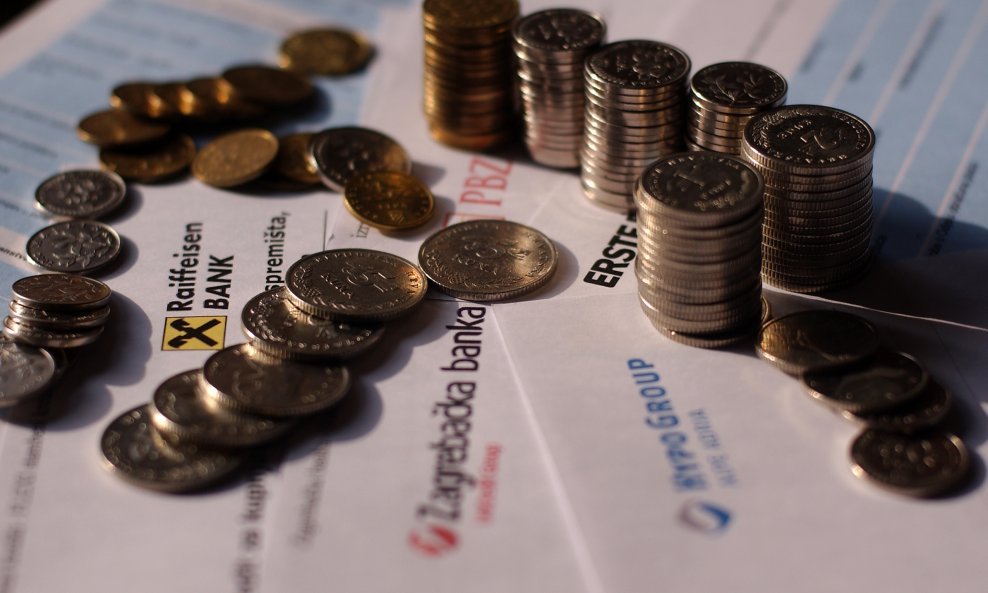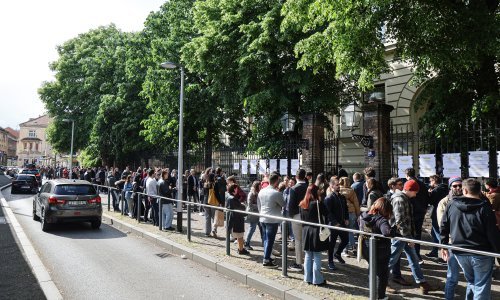Croatia retains its DB3d risk indicator with a risk described as slight and improving ratings trends, according to a report by the international credit information provider Dun&Bradstreet (D&B) on Croatia for September.
"Deteriorating public finances pose significant challenges to the outlook of the Croatian economy," reads the report, issued on Monday.
"Rising expenditure, coupled with a decline in revenues, resulted in a budget deficit increase above the target for the first six months of the year. In order to finance the deficit and re-finance maturing debt, the government led by Prime Minister Jadranka Kosor issued, in mid-July, 10-year bonds worth EUR1.8 bn at an interest rate of 6.6%. While covering short-term financing needs, this issue will add to the country's heavy stock of external debt," the report says, adding that Croatia's external debt is expected to reach 100% of GDP by end-2010.
"To address the financial deterioration the government is considering the adoption of new measures that can boost the public finances, such as the introduction of a special bank tax. Although it would increase revenues, in our view a bank tax is likely to hamper lending to the private sector, making credit more expensive and delaying the economic recovery," D&B analysts said.
"In addition, the government is aiming to reduce fiscal spending, however, given growing public discontent, the weak coalition government and the general elections due in 2011, we doubt the government's will to embark upon a tight fiscal policy and cutbacks in social spending."
D&B analysts positively assessed a recent agreement between Croatia and Hungary on partnership in the construction of a cross-border gas pipeline. The network, which is expected to be put in service in early 2011, will enable Croatia to have a new supply source of natural gas, reducing its dependency on Russia's Gazprom.
Croatia was praised for succeeding in provisionally closing two more chapters in its negotiations on accession to the European Union.
The Croatian government aspires to complete the EU accession negotiations in 2011 or in early 2012; "however, progress on several difficult chapters (such as those on competition, judiciary and fundamental rights) to be dealt with in the coming months, will determine the pace of negotiations," the report said.
































